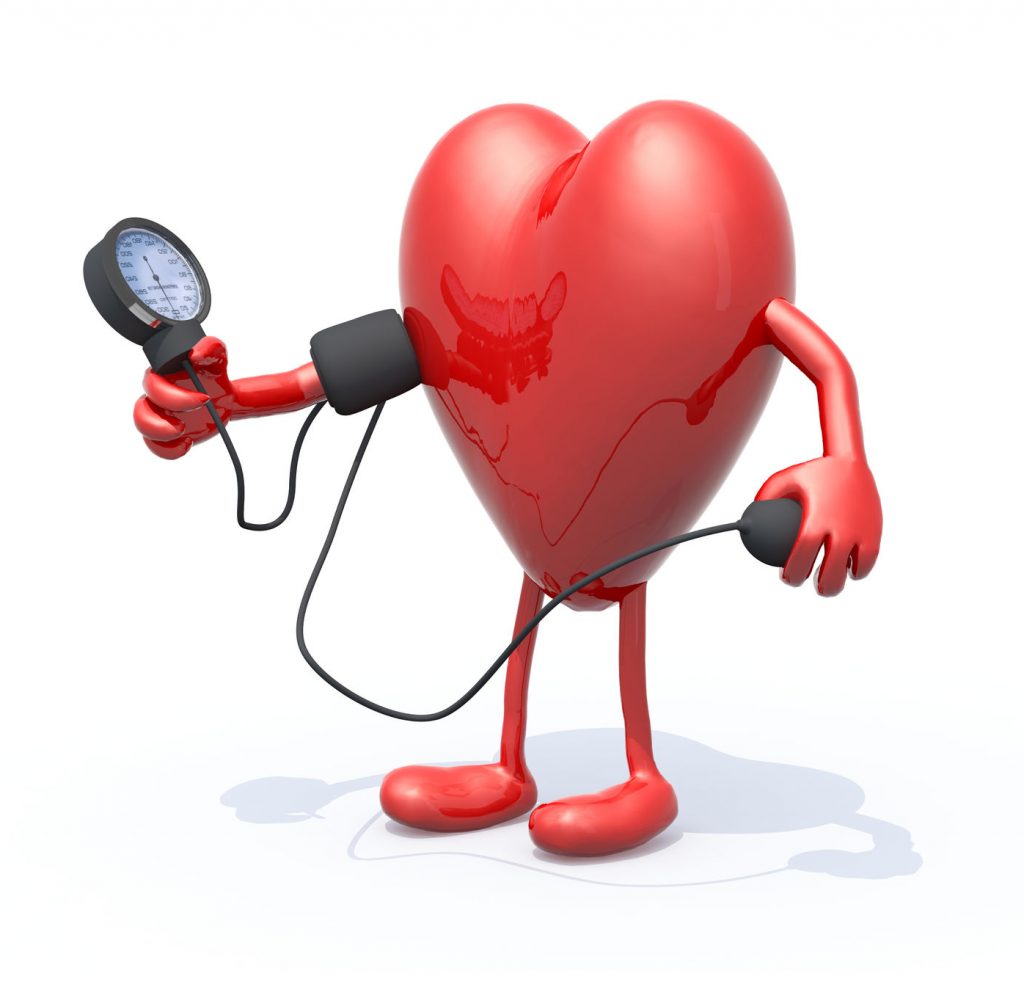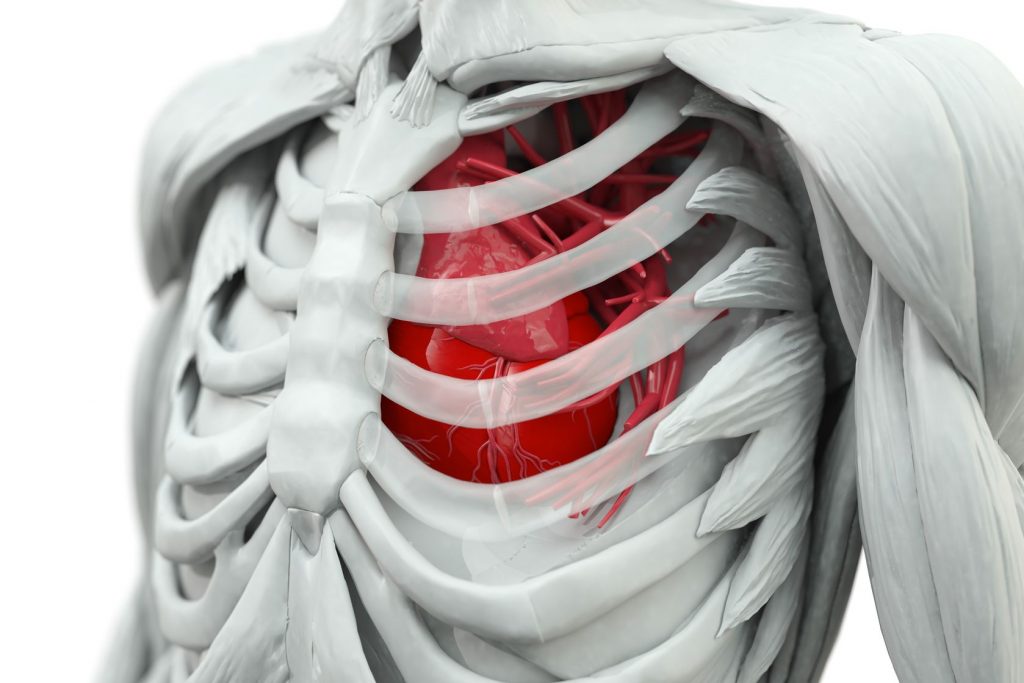9 Crucial Steps to Prevent Heart Disease
Heart disease is Australia’s leading cause of death, with more than 18,000 deaths attributed to heart disease each year.
All in all, heart disease kills an Australian every 28 minutes¹.
The heart is the pump at the center of your cardiovascular or circulatory system. This system includes a massive, branched network of blood vessels that deliver blood to every inch of your body. The right side of your heart takes low-oxygen blood from your veins and pumps it to your lungs, where it picks up fresh oxygen and dumps carbon dioxide. The left side of your heart receives this freshly oxygenated blood from your lungs and pumps it to the rest of your body, via your arteries. Blood carries the oxygen, glucose and other critical nutrients that all bodily tissues need to stay healthy, and do their job properly.
So what is heart disease?
Heart disease is an umbrella term for several conditions that all affect the health of your heart. Diseases under this umbrella include blood vessel diseases, such as coronary artery disease; heart rhythm problems (arrhythmia); and heart defects you’re born with (congenital heart defects), as well as many others.
The term ‘heart disease’ is often used interchangeably with the term ‘cardiovascular disease’. Either way, it generally refers to conditions that involve inflamed, narrowed or blocked blood vessels that can lead to a heart attack, chest pain (angina) or stroke. Other heart conditions, such as those that affect your heart’s muscle, valves or rhythm, also are considered forms of heart disease.


Keeping your heart healthy, whatever your age, is the most important thing you can do to prevent, limit and manage heart disease.
Knowing your risks is the first step to avoiding a heart attack or stroke. There is no one cause for heart disease, but there are risk factors that can clearly increase your likelihood of developing it. You might not know you have some of these risk factors. The best way to find out your overall risk is to see your GP for a cardiovascular risk assessment and heart health check.
KNOW YOUR RISKS
There are a small handful of risk factors you can’t do much about:
- Age: As you get older, your risk of heart disease increases.
- Gender: Men are at higher risk of heart disease. Women’s risk grows and may be equal to men after menopause.
- Ethnic background: People of some origins such as Aboriginal and Torres Strait Islander people, or people from the Indian sub-continent, inherently have higher risk.
- Family history: If someone in your family has had a heart attack, speak to your GP about your risk.
.
Most heart disease risk factors can be changed, and there’s plenty you can do about them:
1 – Smoking
Being smoke free is one of the best ways to protect your heart.
Smoking affects the blood vessels that supply blood to your heart and the rest of your body. It contributes to atherosclerosis which creates narrowing and clogging of the arteries and makes them far less flexible (and more prone to damage).
Atherosclerosis reduces blood flow, limiting the amount of oxygen available to tissues throughout the body. This is compounded by the fact that smoking reduces the amount of oxygen in your blood in the first place.
2 – High cholesterol
An imbalance of lipids or cholesterol in your blood can increase the risk of a heart attack and stroke.
Your body needs cholesterol to build healthy cells, but high levels of cholesterol can contribute to a build-up of fatty deposits in your blood vessels (atherosclerosis) and it can be an indicator of increased risk of heart disease.
Exercise can improve cholesterol balance – moderate physical activity can help raise “good” cholesterol levels in the blood so with your doctor or therapist’s OK, work up to 30 minutes of moderate exercise five times a week or more vigorous aerobic activity for 20 minutes three times a week.
3 – High blood pressure
Blood pressure is the pressure of your blood pushing on the walls of your arteries as your heart pumps it around your body.
Uncontrolled high blood pressure, known as hypertension, is a key modifiable risk factor for both heart attack and stroke. It can also affect your kidneys and increase your risk of dementia, so it’s well worth monitoring and managing with the guidance of your doc.
4 – Diabetes
If you have diabetes it is critically important to manage your blood sugar to help prevent heart attack, stroke and kidney disease. Diabetics tend to develop heart disease at a much younger age than people without diabetes and in adults with diabetes, the most common causes of death are heart disease and stroke.
Over time, high blood glucose from diabetes can lead to damage your blood vessels and to the nerves that control your blood vessels and heart.
5 – Being inactive
Physical inactivity is as big a risk factor as smoking for the development cardiovascular disease.
Regular physical activity strengthens the heart muscle and helps you to maintain a healthy weight. It also reduces the risk of heart disease by reducing the “bad cholesterol” and increasing “good” cholesterol”.
Exercise also takes additional stresses off the heart by allowing better control of other diseases including diabetes, high blood pressure and sleep apnea.
Regular low-impact exercise is good for most healthy individuals to begin without consulting their doctor. However, if you have an existing heart problem or another serious illness, it is best to consult your doctor before beginning a new exercise routine. An exercise physiologist is a great place to start when you’re exercising to manage chronic health complaints.
6 – Being overweight or obese
Being overweight or obesity typically increases blood pressure and we’ve already covered high blood pressure as a leading cause of heart disease and strokes.
Excess weight also increases your chances of developing other health problems, including high cholesterol and high blood sugar.
7 – Unhealthy diet
Diet is an important risk factor in heart disease. Some of the risks of a poor diet include obesity, high blood pressure, uncontrolled diabetes and a diet high in saturated and trans fats. A low-saturated fat, low-salt, high-fibre, high plant-based diet can substantially reduce the risk of developing heart disease.
8 – Depression and social isolation
There can be a greater risk of heart disease for people who have depression, are socially isolated or do not have good social support.
9 – Sleep
Several recent studies have shown links between shortened sleep duration (less than six hours of sleep), and increased risk of heart disease.
There are many reasons to get a good night’s sleep and protecting your heart should be one of them.
Sleep plays an important role in your physical health. Sleep helps your body’s natural healing process and contributes to repair of your heart and blood vessels.
Ongoing sleep deficiency is linked to an increased risk of heart disease, kidney disease, high blood pressure, diabetes, dementia and stroke.
References
¹Australian Bureau of Statistics 2018, Causes of Death 2017, ABS cat. no. 3303.0, September.



